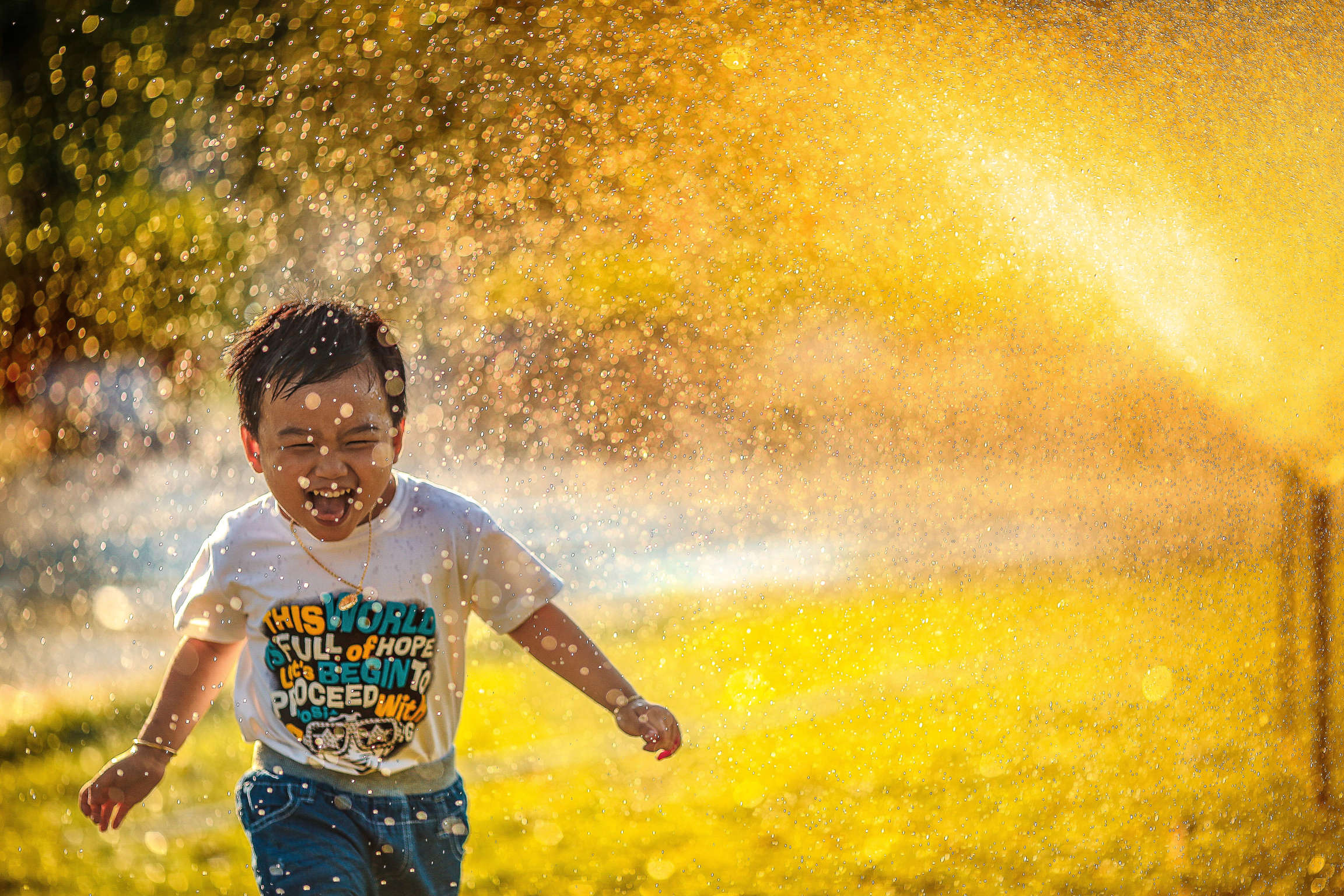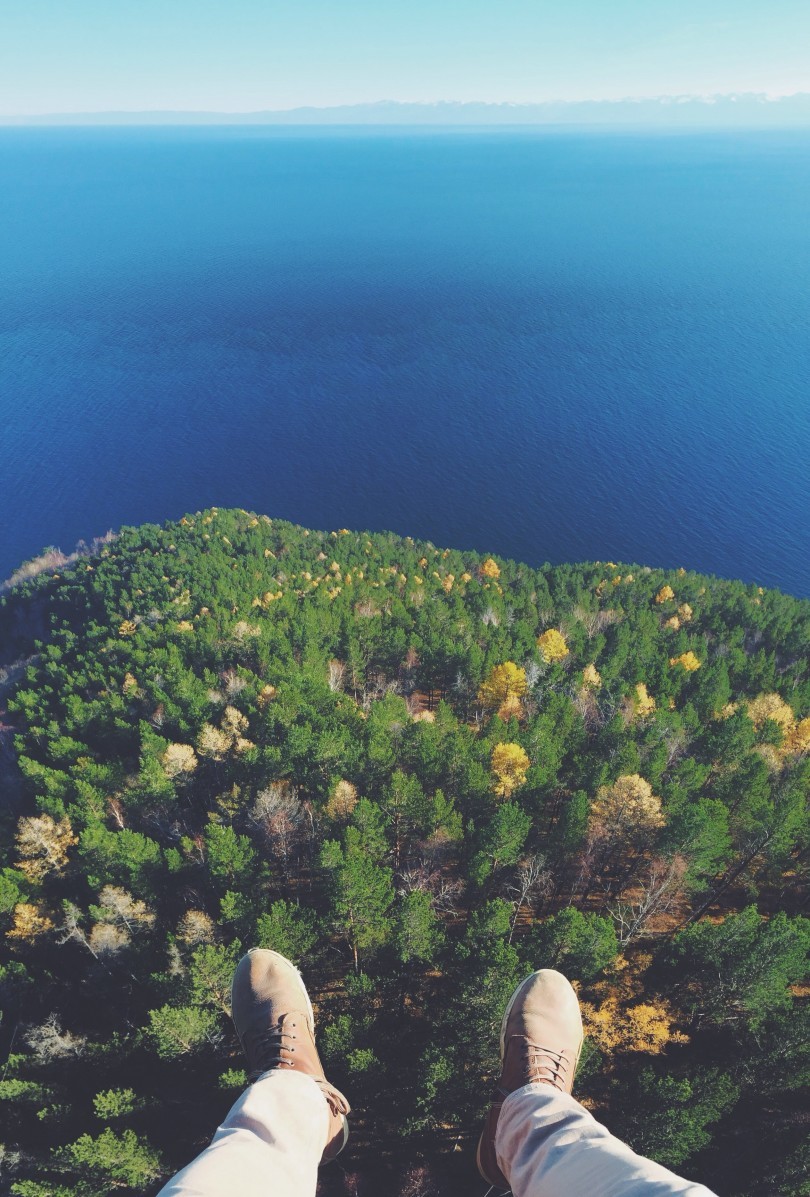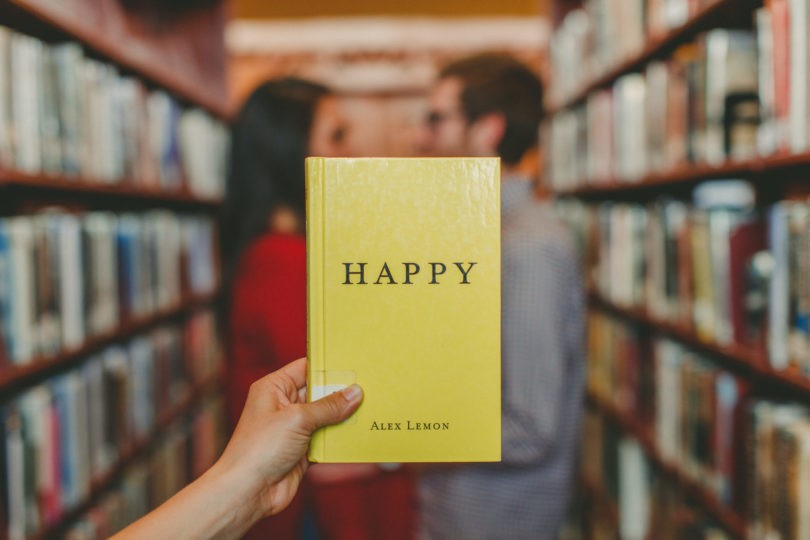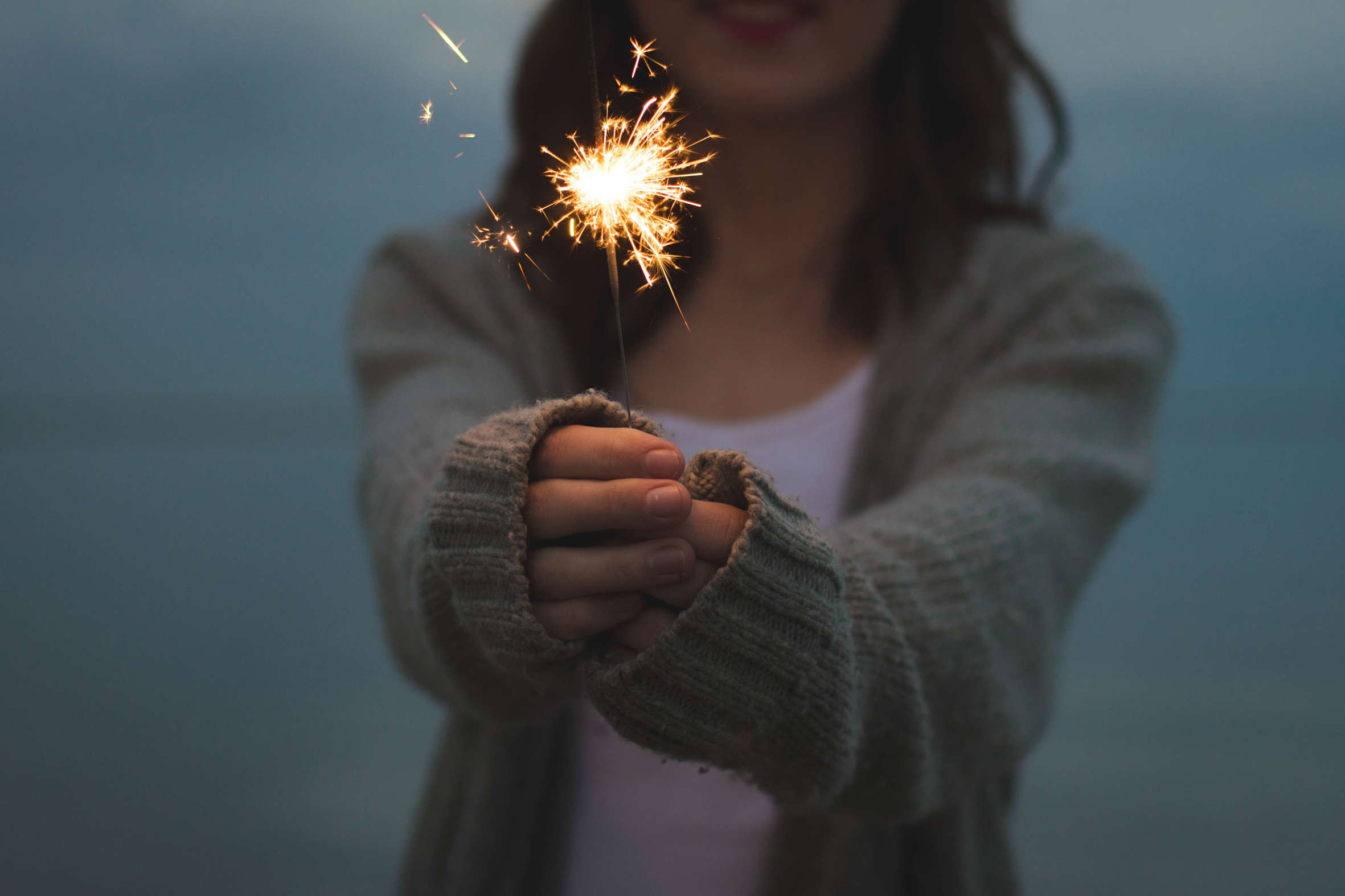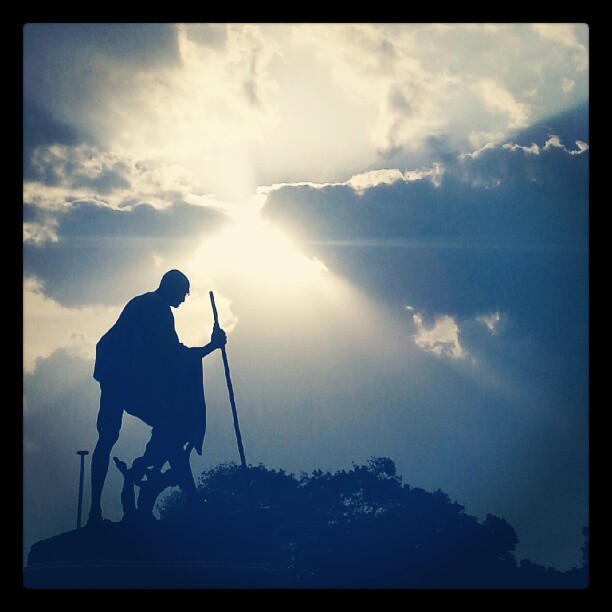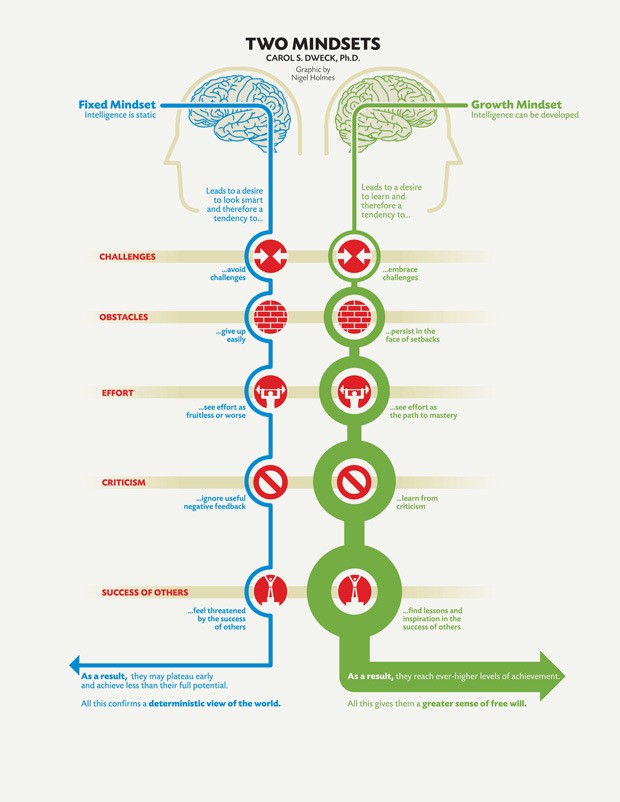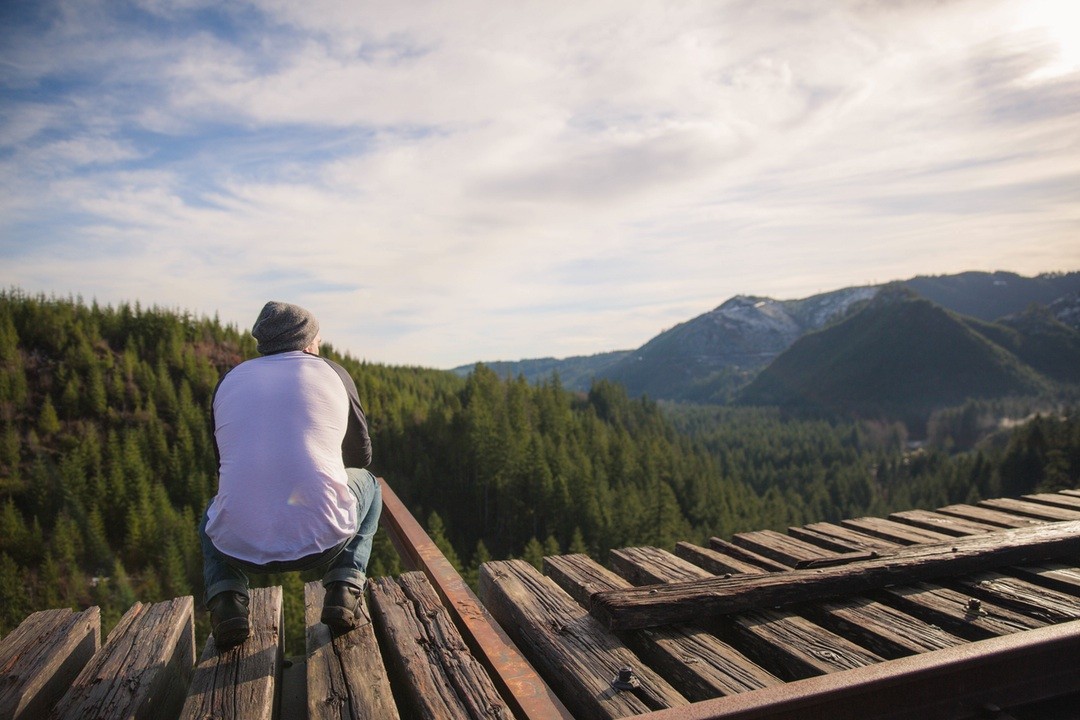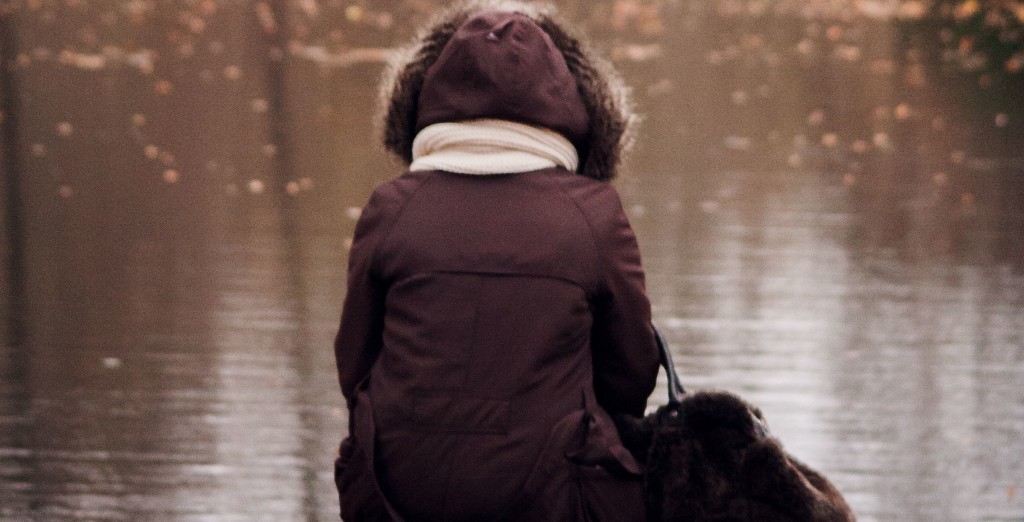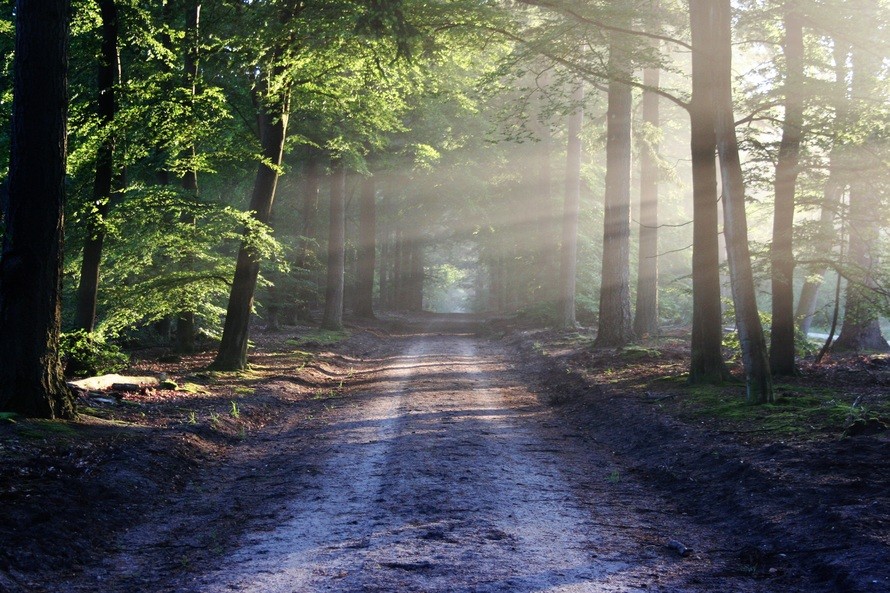
“One must find the source within one’s own Self, one must possess it. Everything else was seeking — a detour, an error.”
― Hermann Hesse, Siddhartha
Published by Elephant Journal
After my third reading of Hermann Hesse’s Siddhartha, I closed my eyes, drinking in the words and thinking of how these words had unconsciously influenced my self-discovery journey.
I’m certain that everyone needs to embark on a self-discovery journey in his or her lifetime. After all, isn’t that our ultimate purpose in this physical world?
Going to school, finding a great job, parenting, setting up businesses, creating art and admiring beauty are wonderful things, but they are only the means for us to live our journeys.
The end-goal will always be freedom. Freedom to live the way our hearts desire. Freedom to discover who we must become. Freedom to ask why we came into being. Freedom to change our lives and start again, if we are not satisfied.
We tend to lose track of our freedom and get distracted by our fears, circumstances, and the society. We allow the noise around us to drown the whispers that speak of our inner hidden truths.
This is why it’s so important to take a step back every now and then, review our lives, and question our life’s philosophy. Why are we here? Where are we headed? What are the obstacles standing in our way? Can we change our direction?
In The Slight Edge, Jeff Olson argues that:
On its way to landing astronauts safely on the surface of the moon, the Apollo rocket was actually on course only 2 to 3 percent of the time. Which means that for at least 97 percent of the time it took to get from the Earth to the moon it was off course. And it reached the moon—safely—and returned to tell the tale. The Apollo, at the time, was one of the most sophisticated, expensive, and finely calibrated pieces of technology ever devised and was always correcting its own off-course errors twenty-nine minutes out of every thirty.
We always need reminders to keep us on track. We need to be more like the Apollo and constantly correct our course. The three books summarised below are the ones I read regularly so that I’m nudged into self-correcting my direction, path and journey.
1. Siddhartha by Hermann Hesse
“I shall no longer be instructed by the Yoga Veda or the Aharva Veda, or the ascetics, or any other doctrine whatsoever. I shall learn from myself, be a pupil of myself; I shall get to know myself, the mystery of Siddhartha.” He looked around as if he were seeing the world for the first time.” ― Hermann Hesse, Siddhartha
Siddhartha leaves his home and family in search of enlightenment and starts as an ascetic wandering beggar of the Shramanas. He then meets and learns a lot from the Buddha but he believes that everyone needs to learn by his experience. He cannot accept the Buddha’s teachings even though they are full of wisdom.
Siddhartha renounces his spirituality by falling in love with a beautiful courtesan called Kamala. She introduces him to a merchant called Kamaswami, Siddhartha learns the trade and becomes incredibly successful as the years go by. He now becomes materialistic, starts to gamble and loses his way and his sense of purpose.
One morning after waking from a dream, he reflects upon his life and realizes he is tired of his present life and that he has discarded all that was valuable within himself.
He leaves everything behind and finds himself sitting in front of a river. He befriends the ferryman, allowing both the ferryman and the river to become his spiritual teachers. It is here that he becomes enlightened and learns that all his feelings, experiences and sufferings are part of a great fellowship of all things connected in the cyclical unity of nature.
He now understands that one’s path in life is not only about seeking but also finding. We can learn from great masters like the Buddha, but we can’t mimic their lives, rather, we apply what we learn to our experiences and feelings.
The true Nirvana is by understanding that only the “Now” exists, and the past and future exist only in our minds.
2. The Alchemist by Paulo Coelho
“When you want something, all the Universe conspires in helping you to achieve it.”-Paulo Coelho
Santiago, a young shepherd from Andalusia embarks on a journey after having a recurring dream where a child tells him to seek a treasure at the foot of the Egyptian pyramids. He travels far and wide, learns a lot from different teachers while meeting obstacles. He finally discovers the treasure he was looking for was underneath his bed in his village the whole time.
The underlying message in the book is one of hope and that all roads would eventually lead to a single path that takes us towards our “Personal Legend” or our freedom.
Life is about the journey, the process, the means and not necessarily the outcome. It’s about walking our path, one that we need to create and craft on our own, without any influence from our environment. The book teaches us that the real treasure lies in our hearts thus there is no need to go outside to search for treasure.
The only path to freedom is through our inner world.
3. Jonathan Livingstone Seagull by Richard Bach
“You have the freedom to be yourself, your true self, here and now, and nothing can stand in your way”.”
― Richard Bach
Jonathan Livingston Seagull is a parable about a seagull who works hard to become the best flying seagull within his seagull community. He withstands being shunned and ridiculed for his dream, and keeps on pursuing this dream driven by his inner craving to be authentic.
All he wants is to be free in order to be himself. He knows there’s more to life than eating and surviving like all the other seagulls and he’s determined on becoming the best flying seagull ever.
Jonathan listens to his inner voice and senses that freedom can only be had by the pursuit of perfection in flying. He continues to follow his path despite the odds, and is courageous and dogged in his pursuit of freedom of his true self.
Every time I re-read any of these books, I’m reminded that I need to seek and find my path, my road less travelled—My freedom. The numerous teachers and heroes around me can inspire me, but I can’t follow their paths.
I am a unique living being and I have to create my unique Path. It won’t be given to me or handed down to me, but it’s for me to forge it, working with the raw materials of whom I am and the understanding of why I came into being.
